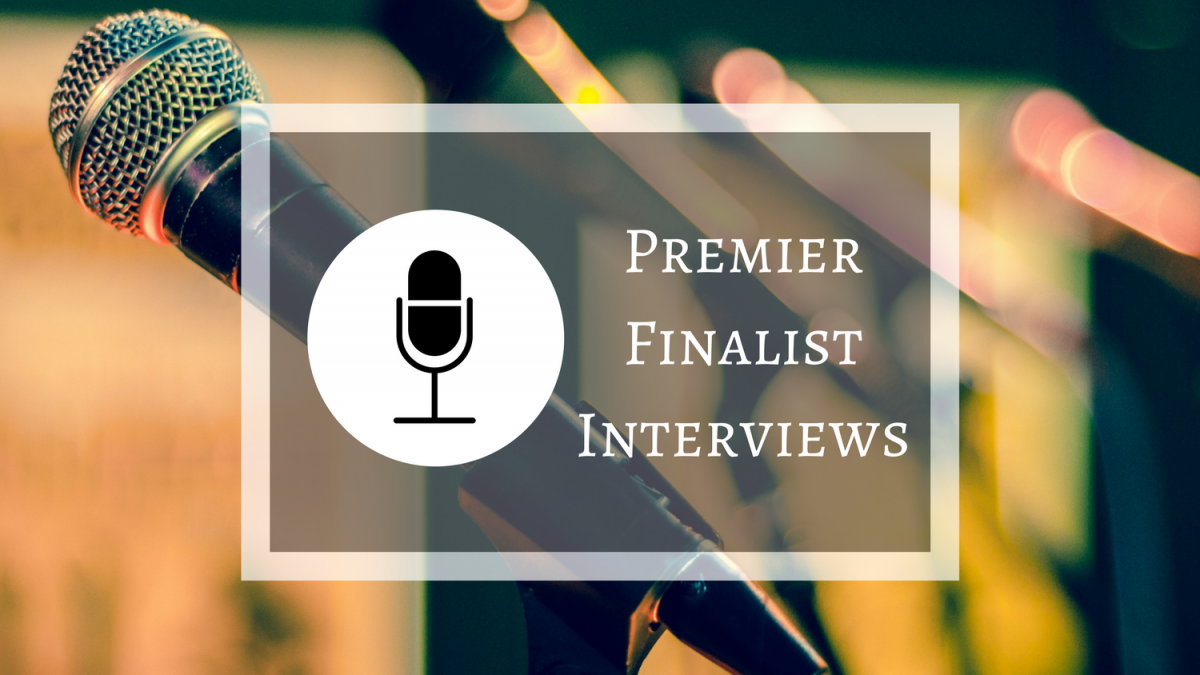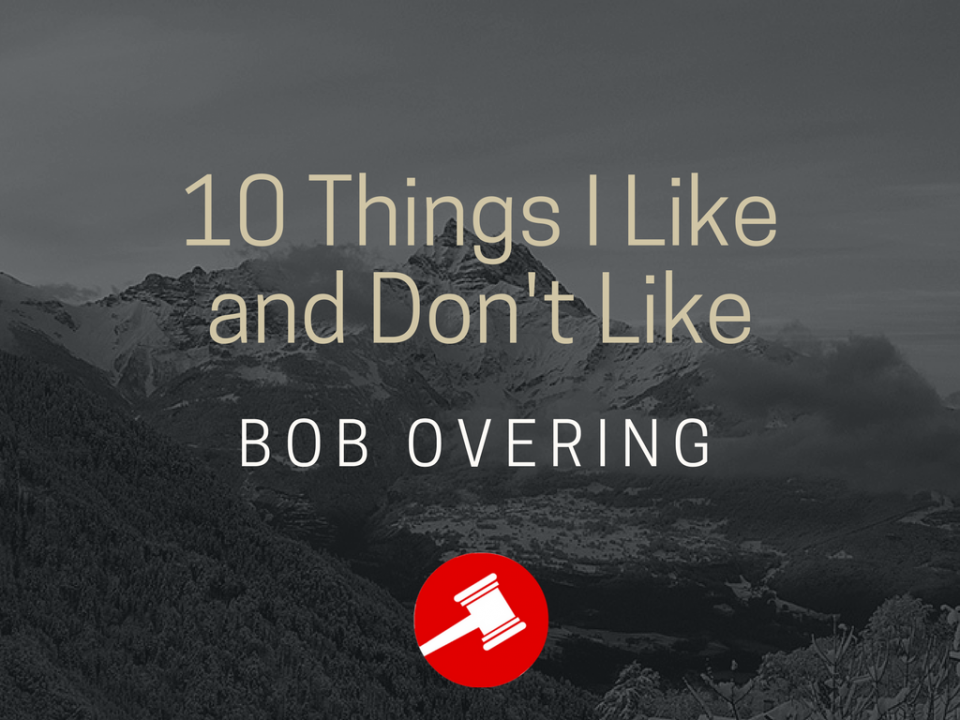2017 Greenhill Fall Classic Finalist Interviews

Finalist Interviews
Danielle Dosch (Immaculate Heart DD) beat Indu Pandey (Harvard-Westlake IP) in finals to win the Greenhill Fall Classic. Premier Debate has exclusive interviews with both these debaters!
Indu Pandey (Harvard-Westlake), Finalist
Question: Prepping for a new topic can be pretty tough–but the second weekend brings a whole host of new arguments you may have not considered. What was it like preparing for the week leading into Greenhill? How did you prep opponents’ cases?
Indu Pandey: Well, we usually try to enter Loyola weekend with a robust set of core positions that can respond to a lot of different parts of the topic lit. After Loyola, we generally focus on case negs and frontline updates, so that’s the majority of what we did. Texas and California tend to be focused on slightly different parts of the topic lit, so we made sure to check what positions were read at Grapevine (and also Byram!).
Q: Were there any significant changes strat-wise or argumentatively from Loyola in California to Greenhill in Texas? Or simply more refinement and judge adaptation?
IP: Loyola definitely had a lot more people defending the military and militarism affs. There was also a lot more postmodernism and kritiks. At Greenhill, it was a lot more DAs and CPs. In terms of strategy, I think we always try to refine a certain set of arguments and strategies rather than re-inventing the wheel for each tournament. In terms of judge adaptation, it’s ever-changing, so it’s more round-by-round rather than a large difference in the types of judges at Loyola and Greenhill.
Q: Interesting! Speaking of judge adaptation, you clearly adapted well at Greenhill–out of 21 ballots, you went 17 and 4. After a tough round 1 loss, you didn’t drop a ballot until semifinals! How do you manage to keep going for that long without losing tempo? (And how do you keep the confidence up, especially given you open-source disclose?)
IP: I try to do a couple of things. First is that I think most judges want a common set of things from a winning rebuttal — clarity and a ballot story. I think that’s the key to winning most rounds. The second is keeping busy — you should always be scouting, doing prep, redos, etc. I mostly did prep in between rounds, which kept me in the zone and I didn’t think too much about upcoming rounds as a result. The third is a new one for me, but I have a pretty decent pump up track now, so that helps!
IP: And open source is awesome, and it makes me more confident because I know that 90% of people will just read my cards against me and only one of us really knows what they say. (;
Q: Pump up track! What’s your mix?
IP: A lot of Childish Gambino, and some guilty pleasure Demi Lovato
Q: Is there a favorite go-to song or album?
IP: Sorry Not Sorry is great, and Because the Internet for the album.
Q: Second to last question, then. This past weekend, three of the four finalists at Greenhill and Yale weren’t male. If you’re comfortable, do you mind sharing one, how you succeed at such an incredible level in spite of these issues, and two, what young debaters can do who currently face similar problems?
IP: I can’t speak to every woman or non-identifying person’s particular experience, but I have a couple of things to say. There’s a perception that gender biases only happen at a sort of local level and it’s not present in the national circuit, in out rounds, for more well-known people, etc. I think that’s very, very wrong. I’ve been imitated in a high-pitched, whiny voice by opponents in late out-rounds, TOC by judges, etc. I’ve been called out for being “bitchy.” I get made fun of reading fem cases. These are just some instances. We’re not past sexism, and there’s still a lot to do. I think the important thing is not to take any heinousness. Clap back! Also be confident! For younger debaters with similar issues, I feel you. It’s hard. My teammates and I made Girls Debate to try and establish community and provide resources to people passionate about debate, but feel ostracized. I’ve seen so many younger girls quit debate because of loneliness and lack of confidence. I think if we as a community can make one more girl stay in debate, then that’s an immeasurable success in it of itself. We should all cognizant of these disparities and how we may perpetuate them.
Q: Wow, thanks for sharing your perspective on the issue. I’m glad that we can bring some visibility on this to the community. I guess lastly, do you have anything you’d like to say before we part?
IP: Thanks to Greenhill for running a great tournament as always! Now, it’s time for me to stir the pot: 1. Disclosure is good, 2. ROB spec theory is not an argument, 3. Plans are good, 4. Flipping for sides at least 30 minutes before the round is good.
Danielle Dosch (Immaculate Heart DD), Champion
Question: Last we heard, you were gearing up for the Greenhill Round Robin. What’s the round robin experience like? How did it differ from the Greenhill tournament?
Danielle Dosch: I really enjoyed the round robin! This was actually my first time at Greenhill, so a lot of the judging and the competition were new to me. There was a real sense of camaraderie among the pool and it was nice to take part in it. I think I also found some new 1s!
Q: How did you adjust from the round robin to the tournament? Is it tiring to debate so much with no breaks / if so, how do you manage it? Or when do you take a break?
DD: I’ve found that participating in the round robin and regular tournament back to back can be quite mentally and physically draining. In order to prevent that fatigue, I try to treat round robins as practice for the regular tournament. I’d suggest using those rounds to try out positions you wouldn’t normally read and get feedback from judges you might otherwise not have.
Q: At Loyola, you were surprised by the amount of Militarism Affs. Did any positions stick out particularly this weekend?
DD: I was wrong in my original prediction that people would mainly be reading the Militarism aff. At this tournament, the majority of my negative rounds were against some sort of Civilian Service aff.
Q: This weekend, three of the four finalists at Greenhill and Yale weren’t male. If you’re comfortable, do you mind sharing your own perspective on gender in debate?
DD: I think something unique to this tournament was the strong female presence. The majority of the participants in the round robin were girls, and I am pretty sure this year was the first time in Greenhill history that finals was between two women. I think it’s important that young debaters starting in the activity see diversity among those who are having success.
Thanks to Indu and Danielle for sharing their perspectives! And if you haven’t filled out our survey (found here), it’ll be closing very soon so make sure you’re entered into the raffle!

